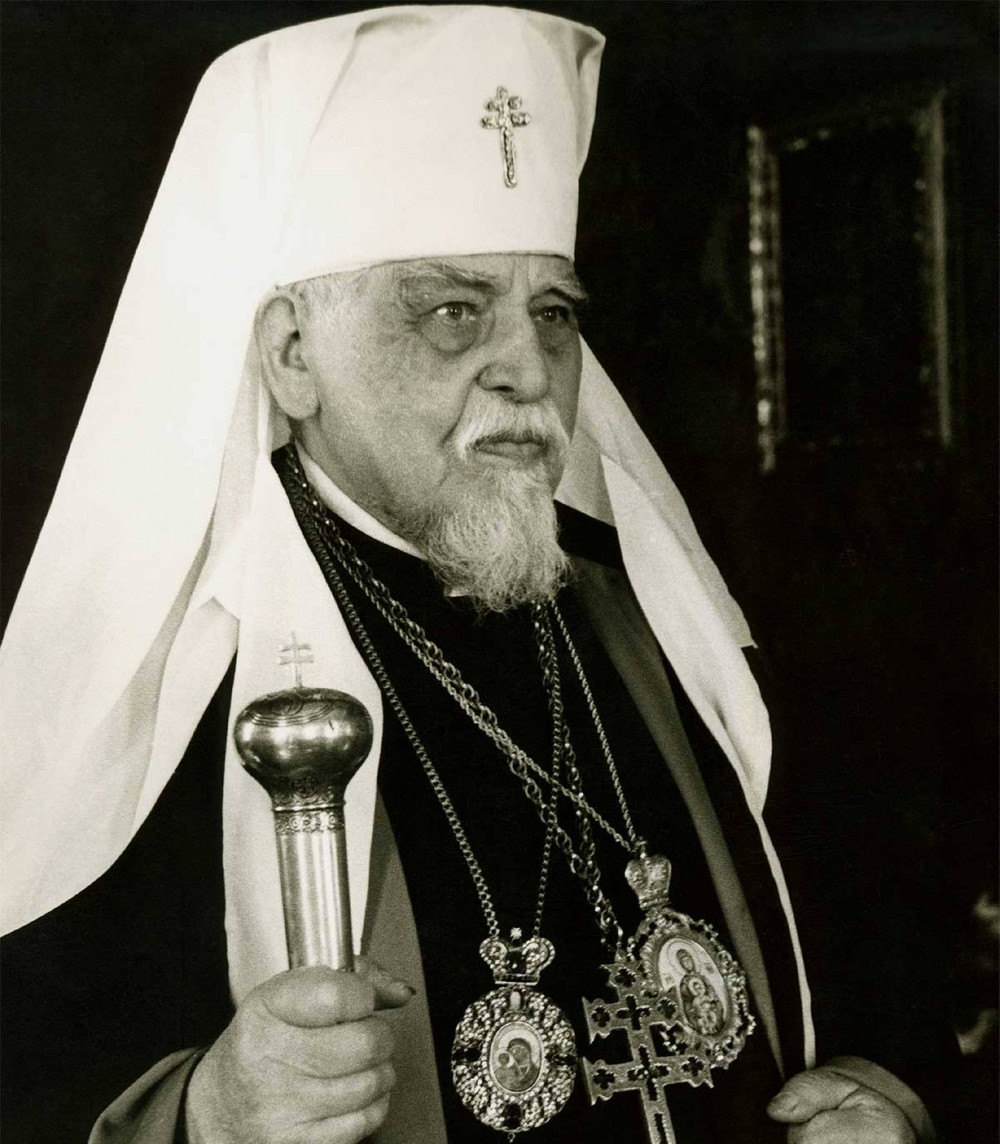
In this article analyzed an activity of the patriarch of Ukrainian Greek Catholic Church Josyf Slipyj in the second half of 20th century. Especial attention was focused on the roman period of his life and on a legalization of Ukrainian Greek Catholic Church in USSR after releasing from Soviet in a international relations context. The process of wandering and spiritual views of the Metropolitan. The role of its activities during the rise of national consciousness of the Ukrainian people. Analysis of the scientific legacy of Y. Slipyy and assessed its contribution to the development of domestic and foreign theological science. The main role in this research the author gives for personal qualities of Slipyi. He was a person of high science, big charisma, conscientious and provident host, willed personality and at the same time submissive and adamantine in his Christian belief and his mission on the Earth. If try to outline all many-sided activity of J. Slipyi for the good of the people and development of church, it can be reviewed in two meanings: he cared about approval of ukranian identifying in the lines Christianity of all the World and he saves historical duration Ukrainian Greek Catholic Church, he was fighting for spiritual-cultural and rights continuity of Ukrainian Greek Catholic Church. When he went to Rome he started so active action. He worked a lot and required it from another people. Cardinal Joseph Slipyi created an island of Ukrainians in Rome, a whole range of religious, scientific and cultural institutions, which has so far no minority in the Eternal City.
Source: Serhiienko V. (2018). The moral imperative of the Patriarch Josyf Slipyj like as alternative to Soviet mentality. Scholarly Works of the Faculty of History, Zaporizhzhia National University. Vol. 50: 179-184
Source web-site: http://istznu.org/dc/file.php?host_id=1&path=/page/issues/50/18.pdf
Number of views: 3566